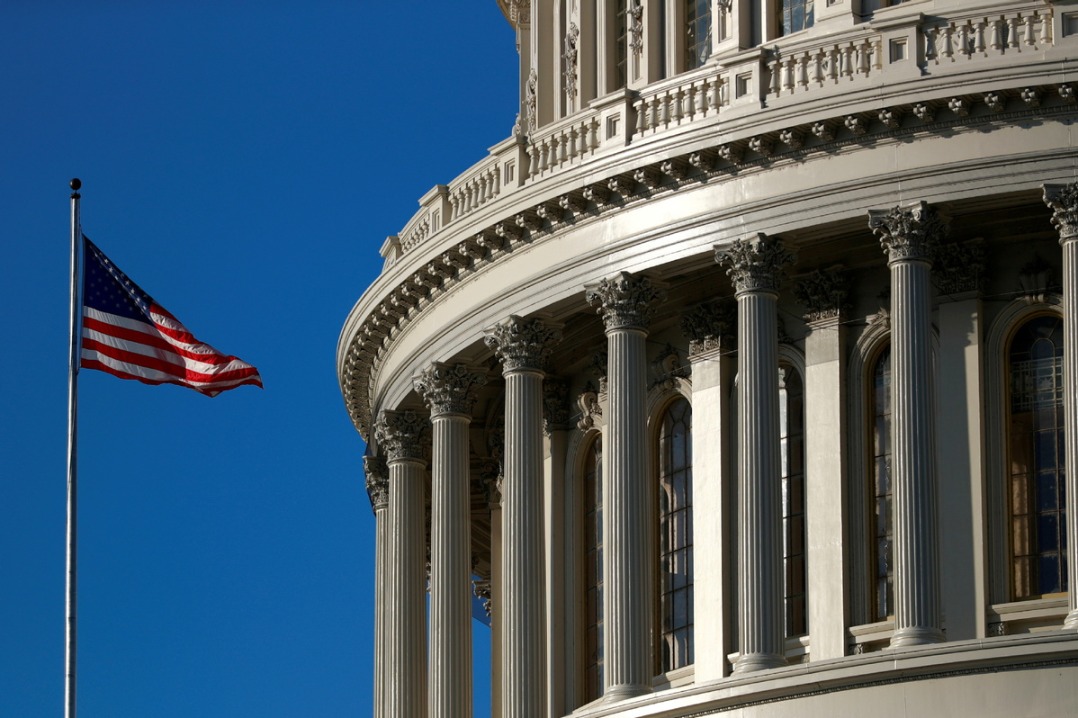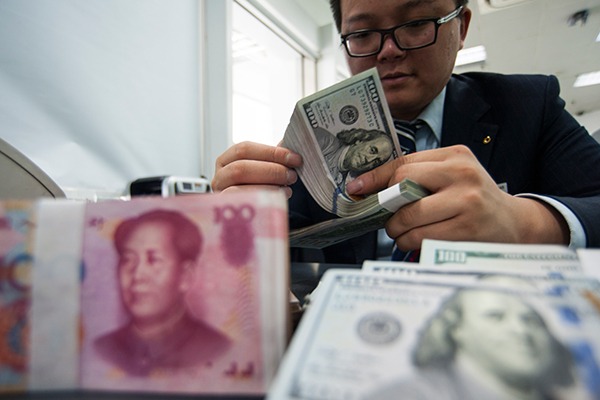China points the way for internet safety

A globally united stand against offensive or dangerous online content may be the only way to prevent danger
It was said by Austrian psychologist Sigmund Freud that the first person to throw an insult instead of a spear was the founder of civilization. However, in the modern age of the internet, virtual and verbal spears have flooded the online world, creating a treacherous environment for vulnerable people who need to be protected from dangerous online content.
Following the news that Tencent has cracked down on sexually inappropriate online content, Chinese social media platforms have launched investigations across the social media sphere, targeting sites that allow videos with sexual content to be accessible to children. Companies in the West such as Facebook have also sprung into action, with Facebook recently announcing its definitions of inappropriate material and hate speech in new guidelines.
The spread of damaging online content and fake news affects a growing majority of the online world. It is therefore important that regulatory bodies worldwide establish a protective framework for vulnerable individuals. Tencent for its part recently shut down hundreds of accounts in a crackdown on sexually provocative content targeting minors through the company's QQ network. In a statement released on April 20, the company said that, in its first quarter, it had shut down as many as 54,000 pornographic groups and 2,000 forums on the QQ network, with serious cases being referred to the police.
Western companies such as Facebook also have taken a strong stance against inappropriate material, with guidelines on offensive material being released publicly in more than 40 languages. Facebook also employs 7,500 content moderators - a 40 percent increase from last year. However, content moderation is psychologically taxing for moderators, given the graphic nature of some illegal content. It may therefore be beneficial to impose a limit on the amount of time that moderators are exposed to such images, an initiative that is already being introduced on several other large social media platforms such as Youtube.
It is clear overall, though, that an international effort is being made to combat the spread of explicit and dangerous material online. Facebook will launch public "community standards" events to obtain feedback on their online administration progress. Likewise, the Cyberspace Administration of China has released a guideline on what constitutes sexually inappropriate content, in accordance with new cyberlaws introduced by the government.
This is as important as ever, given the growing international influence of Chinese social media. It is vital that cybercommunity initiatives that are carried out are properly supported by government protocol and receive both the resources to carry out such operations and the legal framework to deter such activity.
Sina Weibo echoed this sentiment, stating that its aim was to promote a "clear and harmonious" environment that complies with safer cybersecurity laws put in place by President Xi Jinping. Tencent has also publicly declared how serious it is about tackling the issue, particularly regarding child pornography. In a statement earlier this year, Tencent Video said, "Children are the future, and Tencent Video will do its best to provide a safe, healthy and happy environment for their development." QQ, a Tencent offshoot, also chimed in, calling young and vulnerable children the "flower of the motherland" whom they are dedicated to protecting.
The universal seriousness toward online safety is where China is currently excelling. China has made it clear that a culture of trust can create a harmonious online environment, but violations are taken extremely seriously. Illegal and inappropriate content is not only taken down, but top-level executives from offending platforms or companies have issued apologies to the general public and regulators - as learned the hard way by companies such as Mercedes-Benz, which recently posted an Instagram advertisement quoting the Dalai Lama and then apologized after waves of uproar from Chinese internet users.
This united stand against offensive or dangerous online content as a consistent and international approach may be the only way to prevent the dangers of the online world. Although international regulations do not yet exist regarding the internet, China's industry stance and government backing are a good place to start.
Toward the end of last year, more than 772 million Chinese citizens had internet access, which accounts for about 27 percent of the world's 2.9 billion internet users. The challenges of online safety cannot be disputed, given the speed with which technology and social media cultures are developing. However, we are all now hopefully heading in the right direction together.
The author is a London-based columnist. Contact the writer at editor@mail.chinadailyuk.com

































